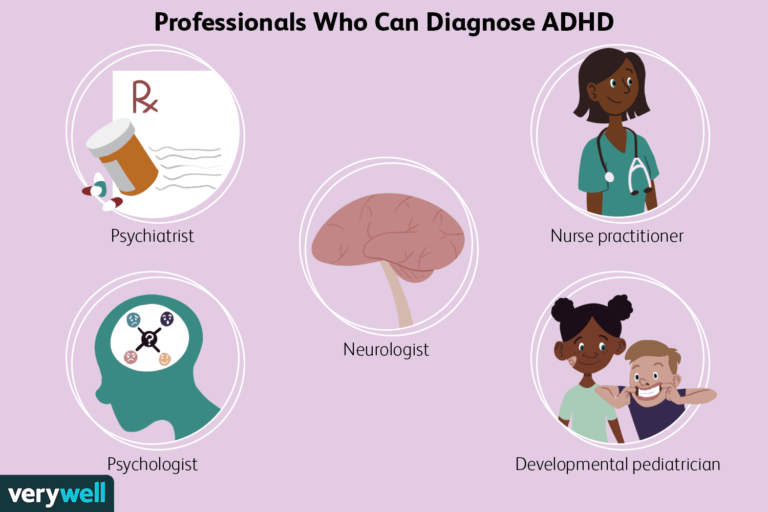Understanding the Role of a Dementia Care Specialist: A Comprehensive Guide
In the complexities of senior healthcare, dementia stands as a challenging condition affecting millions globally. This has led to an increasing demand for specialized care. And we mean, care that is tailored to meet the unique needs of those living with Alzheimer’s and other forms of dementia.
Enter the Dementia Care Specialist — a beacon of support and skilled care for patients and their families. Through this comprehensive guide, we’ll explore the crucial role these specialists play in the landscape of memory care services.
Let’s begin!
Assessment and Diagnosis
Dementia care specialists play a crucial role in assessing and diagnosing dementia. They are trained to recognize the early signs and symptoms of the condition. They also conduct comprehensive evaluations and make accurate diagnoses. This initial step is essential for proper treatment and management of the disease.
Along with conducting physical and cognitive assessments, elder support specialists also take into account the patient’s:
- medical history
- family history
- other risk factors
This helps them develop a comprehensive care plan that addresses the individual’s unique needs.
Care Planning and Management
Once a patient has been diagnosed with dementia, the care planning and management process begins. A dementia care specialist or a 24 hour in home caregiver for seniors works closely with patients and their families. That way, they can develop a personalized care plan that takes into account their needs, such as:
- physical
- emotional
- cognitive
This may involve collaborating with other healthcare professionals such as:
- physicians
- social workers
- therapists
- nutritionists
They all help create a holistic approach to managing the disease. The care plan may also include:
- medication management
- behavioral interventions
- activities
All these help promote mental stimulation and socialization.
Education and Support
Dementia care specialists also provide education and support to patients and their families. This includes educating them about:
- the disease
- its progression
- available treatment options
They also teach caregivers how to effectively:
- manage symptoms
- communicate with their loved ones
- create a safe and supportive environment
In addition to education, elder support specialists offer emotional support to both patients and their families. They understand the challenges and emotional toll that comes with caring for a loved one with dementia. They help provide guidance and resources to help them cope.
Advocacy and Empowerment
A dementia care specialist acts as an advocate for their patients. This helps by ensuring they receive the best quality of care and treatment. They also empower patients to make informed decisions about their care. This is done by involving them in the decision-making process.
Through their support and guidance, dementia treatment specialists help patients maintain their independence and dignity while living with dementia.
Training and Consultation
Dementia care specialists also play a critical role in training and consulting other healthcare professionals. They share their expertise and knowledge to improve the quality of care for dementia patients across different settings. This includes:
- long-term care facilities
- hospice programs
- home health agencies
They also provide consultation services to:
- families
- organizations
- communities
These consultations cover topics about how to create dementia-friendly environments and improve overall care for those living with the condition.
Understand the Role of a Dementia Care Specialist
A dementia care specialist plays a crucial role in the care and support of individuals living with dementia. From assessment and diagnosis to education and support, these specialists are a valuable resource for patients and their families navigating the complexities of dementia.
By understanding their role, we can ensure that those living with dementia receive the care and support they need to live a fulfilling life.
Should you wish to explore more articles, visit our blog. We’ve got more!







